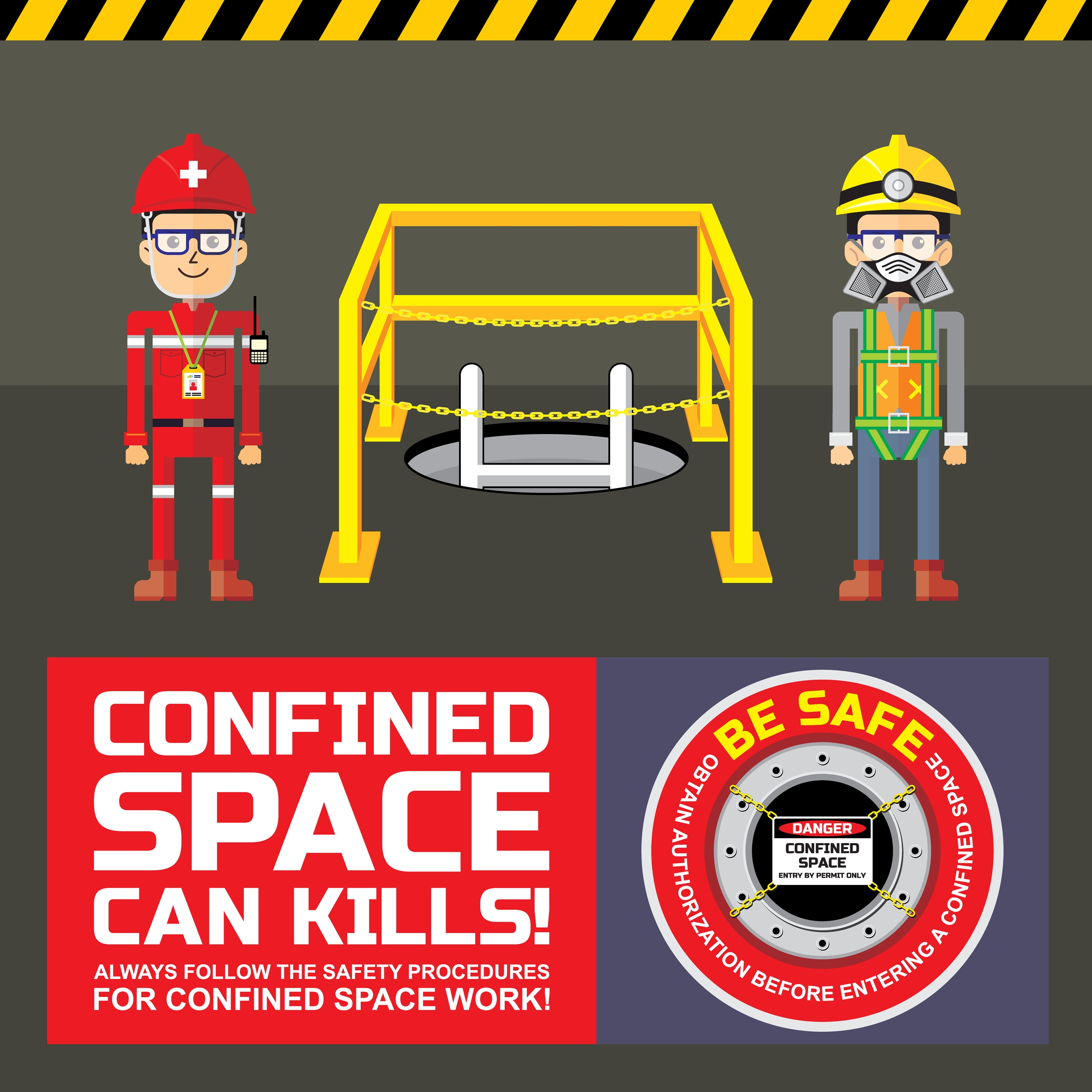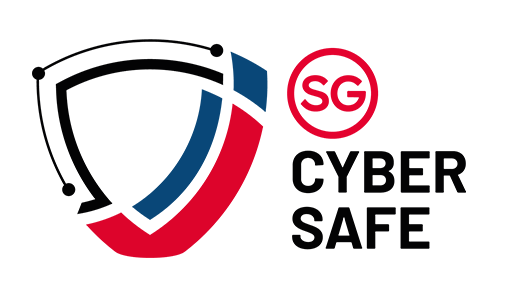Free Courses

Work at height (WAH) is defined as the following work:
- Work in an elevated workplace;
- Work near an open edge;
- Work near a floor opening;
- Work on a fragile surface; or
- Any other work environment (whether above or below ground) that poses a fall-from-height or fall-into-depth risk.

Lifting operation is an integral part of any construction, ship-building, ship-repairing or manufacturing process. Every lift carries a set of risks that needs to be managed in order to prevent an accident from occurring. Unsafe lifting operations can result in catastrophic outcomes involving multiple fatalities and serious injuries as well as extensive damage to properties and facilities.
This module has been prepared based on the collective experience from past accidents and good practices in safe lifting operation. It provides guidance for the practitioner in the planning and execution of a lifting operation. This module is not intended to provide technical details on any specific lifting equipment; hence it is recommended to consult the manufacturer or supplier when more technical details are required.

Studies have shown that having good workplace mental well-being boosts productivity and can have positive outcomes for both people and organisations. On the other hand, work is also good for our mental well-being as it provides a source of purpose, achievement and camaraderie.
However, workplace stressors such as increased work demands, evolving work processes, blurred work-life boundaries and poor relationships with colleagues and supervisors can be an invisible load on mental well-being. If not managed well, these stressors can unknowingly erode employee motivation, productivity and in extreme situations, harm mental health.

Confined space safety involves creating and maintaining safe working conditions in enclosed or partially enclosed areas such as manholes, pipelines, boilers, utility vaults, and storage tanks. Implementing proper safety measures is essential to comply with workplace safety and health regulations and to prevent work-related injuries, illnesses, or fatalities.
The International Association of Oil & Gas Producers (IOGP) Life-Saving Rules are a set of industry-recognized guidelines aimed at preventing fatal accidents and ensuring a safer working environment in the oil and gas sector.
The IOGP Life-Saving Rules are not intended to address all risks and hazards in the oil and gas industry; they are meant to draw attention to the activities most likely to lead to a fatality, and the life-saving actions over which an individual has control.

From 1 March 2024, at least one top executive from each company in the Construction, Manufacturing, Marine, and Transport & Storage industries must attend the TEWP.
The Top Executive WSH Programme (TEWP) aims to focus corporate leaders’ attention on how to meet their workplace safety and health (WSH) responsibilities and ways to develop their company’s WSH capabilities.

Led by the Cyber Security Agency of Singapore (CSA) in collaboration with the Singapore Police Force (SPF) and Infocomm Media Development Authority (IMDA), the SG Cyber Safe Programme aims to raise awareness of cybersecurity and encourage adoption of good cyber hygiene practices.

The national anti-scam campaign “I can ACT against scams” was launched in January 2023 to translate awareness to action with the acronym ACT.
Scams can affect people from any demographic or background. Scammers are always coming up with new tricks to prey on common human vulnerabilities. Take these steps to safeguard yourself and your loved ones from falling prey to scams.
The ACT framework outlines three key actions (“Add, Check, Tell”) to improve your defences against scams.
